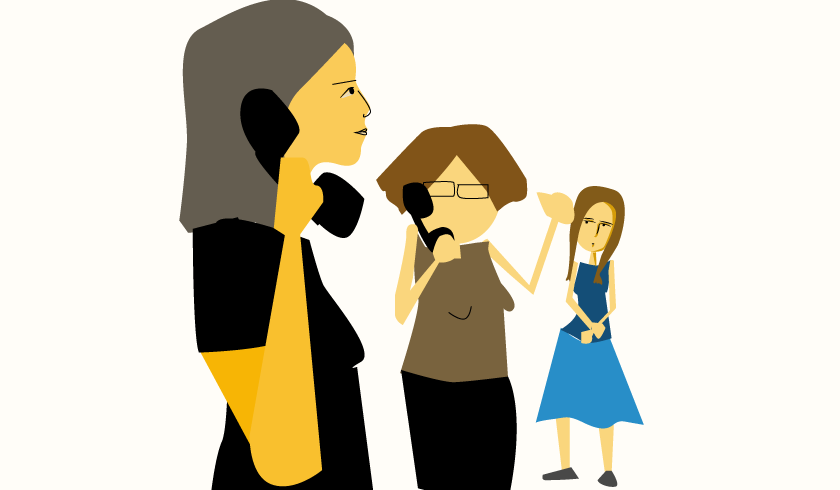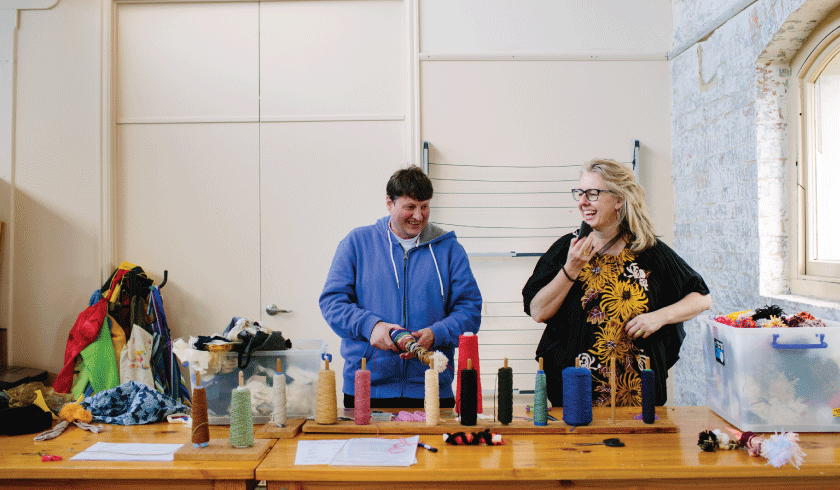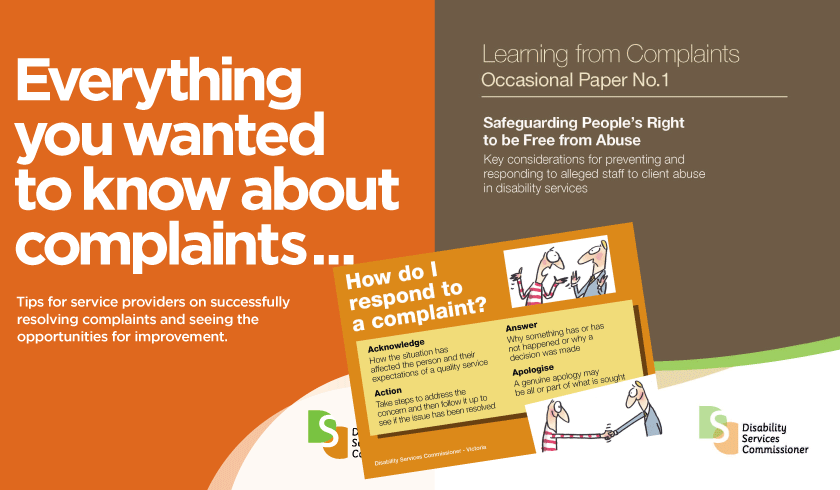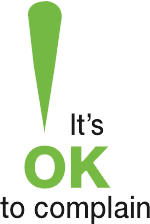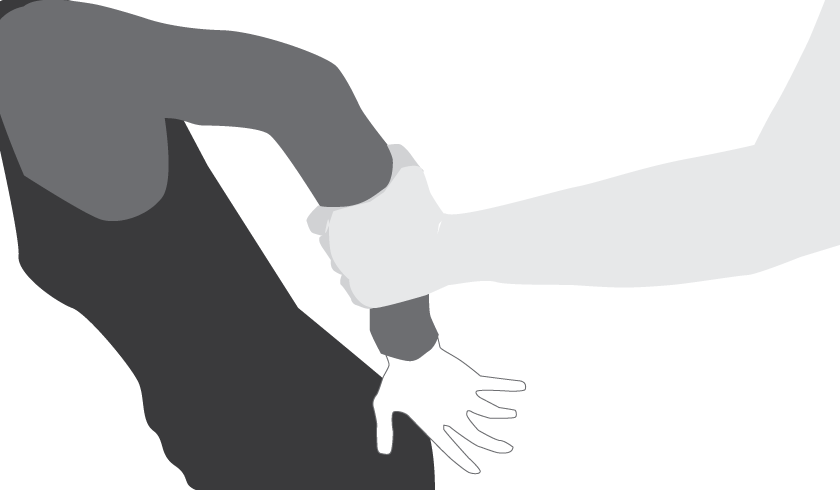30th January 2017
Update September 2017: These powers have been strengthened as of 12 September 2017. Click here to find out more.
The Disability Services Commissioner (DSC) provides independent oversight of Category One incident reports relating to injury, physical assault, sexual assault and poor quality of care, submitted to the Department of Health and Human Services (DHHS) by Victorian disability service providers, including DHHS services.
We receive all relevant incident reports from DHHS and conduct a review, considering questions that include (but are not limited to):
- Support for the person or people with disability
- Has everyone’s safety been ensured after the incident? Have they received medical attention? Have their family been notified? Are they aware of their rights, including the right to make a complaint? Have their supports been reviewed? How have other people who witnessed the incident been supported?
- Investigation
- What is the scope and process of the investigation being undertaken by the service provider? What are the outcomes?
- Staff
- If the incident involves an allegation of staff-to-client assault, was the staff member suspended? Have performance issues been identified? What follow-up took place with the staff member? Have staff members received additional training?
- Reporting
- Has the service provider followed DHHS instructions? Has the Disability Worker Exclusion Scheme been notified?
In the following story*, we demonstrate how our oversight of critical incidents can prompt disability service providers to consider best practices for ensuring wellbeing, safety and knowledge of rights of clients.
An incident report received by DSC outlined an allegation of staff-to-client physical assault in a group home.
The service provider demonstrated through the report that they had responded appropriately to the incident at the time, had ensured the safety of all clients, had stood down the staff member and made a referral to the Disability Workers Exclusion Scheme.
We still had some more questions though, and so we asked the service provider:
- How is this client, other clients, and their families aware of their rights to be free from abuse?
- Do they know how to raise a complaint with your service?
- Do they know about DSC and their right to complaint to us?
In response, the service provider:
- Held a house meeting to provide clients with information on ‘Understanding Abuse’ and ‘The Disability Services Commissioner’
- Contacted families to inform them of the incident
- Provided clients and families with information about the various complaints avenues available to them.
These actions resulted in clients and families being more aware of their right to speak up about what’s working and not working with their disability supports.
In our oversight of critical incidents, we may contact both DHHS and the service provider if we have more questions or concerns about the wellbeing, safety, and rights of the person or people with disability, or for further information or clarification.
For more information, view our fact sheet on our independent oversight of critical incidents.
*This case study is a composite of de-identified incident reports reviewed by DSC
